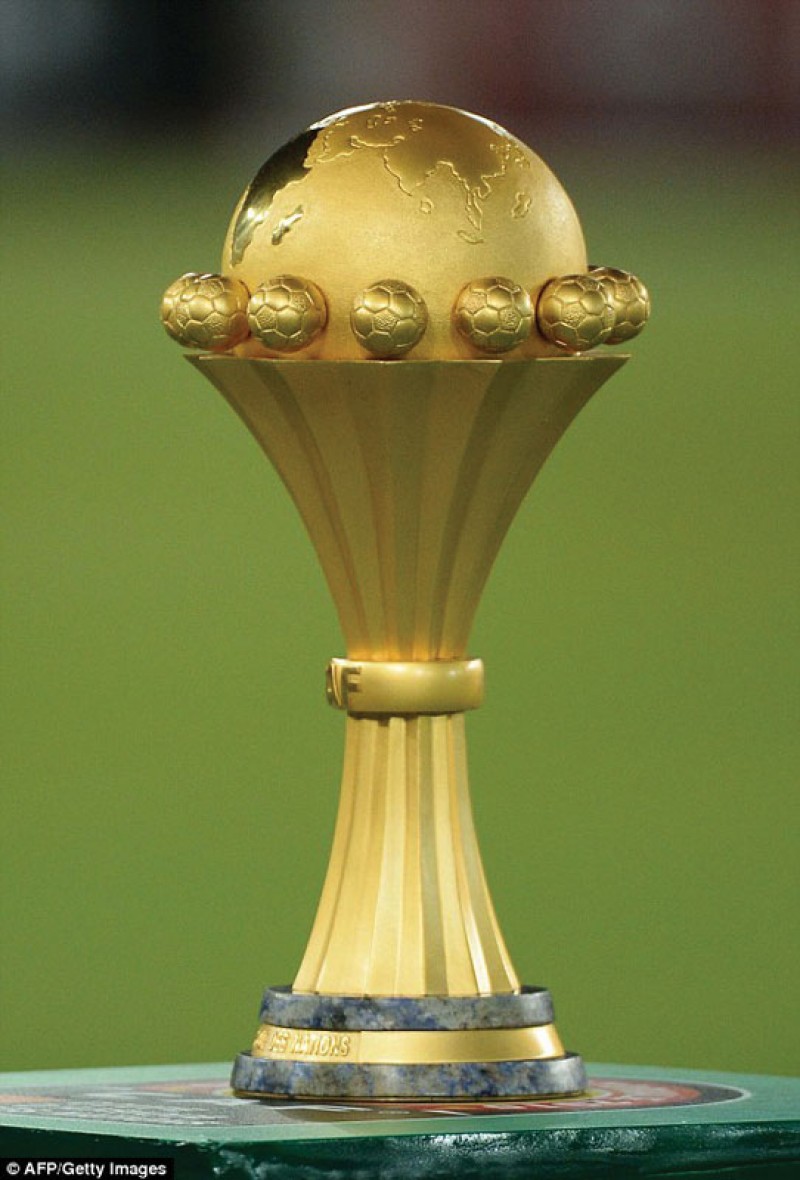AFCON imbalance as 'powerful blocs' get lion's share
Mqondisi Dube | Friday January 11, 2019 13:09


It is already six years since a country outside southern and east Africa hosted the tournament, and that will not change anytime soon, after CAF announced Egypt, Cameroon, Guinea and Ivory Coast as hosts for the next four editions.
In southern Africa, only South Africa (twice) and Angola, have hosted CAF’s flagship nations tournament.
East Africa is still waiting for its turn while the Horn of Africa, through Ethiopia, has hosted the event twice since the first tournament in 1957.
South Africa almost made it a hat trick of organising the event, but this week lost to Egypt, in a bid to replace Cameroon as the 2019 hosts.
Cameroon were stripped off their rights to host the competition late last year, with organisers citing ill-preparedness.
South Africa were the last nation outside north or west Africa to host the tournament in 2013, before central African sides took complete control.
Barely three years after co-hosting the tournament in 2012, Equatorial Guinea were handed the sole responsibility of organising the 2015 edition. Gabon, who were Equatorial Guinea’s co-hosts in 2012, organised the 2017 edition.
After this year’s tournament in Egypt, which will feature 24 teams for the first time in history, west Africa will be in full control as Cameroon, Guinea and Ivory Coast, take turns to host the competition.
Long serving CAF president, Issa Hayatou, who finally succumbed to Madagascar’s Ahmed Ahmed in 2017, was seen as the key influence in the domination of particularly the West in hosting the tournament.
The Cameroonian was at the helm of the continental soccer body for 29 years before he saw his stranglehold on power loosened after he lost to the Malagasy two years ago.
With a COSAFA member holding the key position, expectation grew that the region would exert considerable influence on continental matters.
However, the status quo has remained, and that was underlined by this week’s decision to push the tournament north and west for the next six years.
There is no guarantee that beyond 2025, the tournament will return to Southern Africa, or go to CECAFA for the first time.
It is baffling that a continent that was a beneficiary of a rotation system to host its first ever World Cup, has shunned such an arrangement within its internal structures.
Deposed FIFA president, Sepp Blatter advocated for a rotation system, which saw Africa host its first ever tournament in 2010 in South Africa.
The Gulf region got its share as Qatar will host the tournament in 2022. While Africa embraced and applauded Blatter’s bold move, which rattled some powerful FIFA affiliates, particularly UEFA, the move has not been accommodated within CAF.
Hosting of the AFCON has remained a preserve of the few, with some countries having hosted the tournament more than once since 1957.
Resources cannot be used as an excuse, as countries with relatively poor economies like Burkina Faso, have hosted the tournament.
South Africa was defeated by Egypt this week, in what was seen as a political decision, punishing the COSAFA member, which has often broken ranks with CAF on critical matters.
Zimbabwe also lost the right to host the tournament in 2000, with readiness cited. West African countries, Ghana and Nigeria stepped in and co-hosted the 2000 tournament.
Football analyst, Jimmy George said it is clearly a political decision to keep the tournament upfield while the rest of Africa suffers.He said the solution is to rotate the tournament amongst different football regions.
“The rotation policy worked during the World Cup, and Africa was the biggest beneficiary. Why can’t we apply it (rotation) internally? The argument to host the tournament every two years, was to afford as many countries the opportunity to host. If one country cannot do it alone, there is co-hosting,” George said. “This is purely a political issue, which has nothing to do with resources.”
He said the issue of where the CAF president comes from falls away, as the ‘powerful blocs’ use their numbers to sway decisions in their favour.George wants all regions to be given an equal chance to host the competition, which ironically, has been dominated by teams from the north and west Africa.
